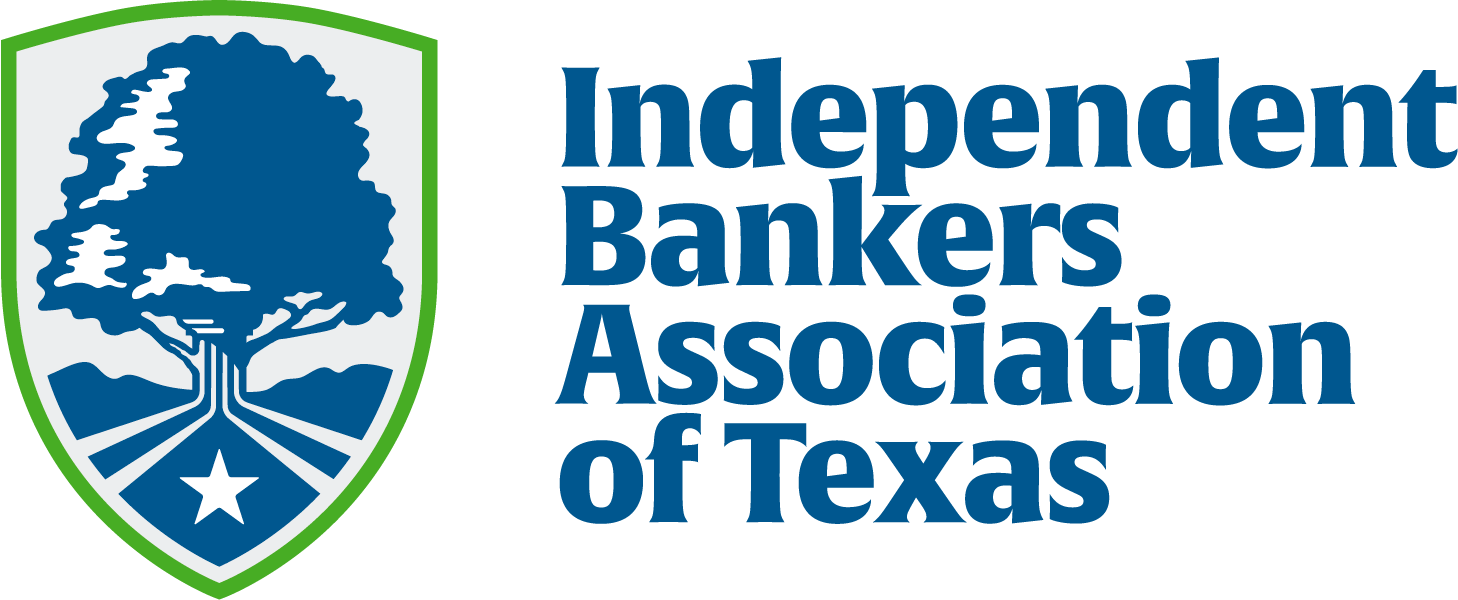In a paper recently accepted for publication in the Journal of Financial Research, Texas Tech researchers point to the impending failure of small business data gathering rules to accomplish their stated intention under Dodd-Frank.
Section 1071 of the Dodd-Frank Act is part of the effort “to protect consumers from abusive financial services practices.” It amends section 704A of the Equal Credit Opportunity Act by adding section 704B, which has the following stated purpose, “to facilitate enforcement of fair lending laws and enable communities, governmental entities and creditors to identify business and community development needs and opportunities of women-owned, minority-owned and small businesses.”
Using data from the Federal Reserve’s 2017 Small Business Credit Survey, Professors Arthur Tran and Drew Winters examined the possible fair lending results from analysis of Section 1071 data. Research shows that, “while minority borrowers received a smaller percentage of the loan requested compared to white borrowers, that disparity disappears when a credit risk score is introduced.”
“Minorities received the same percentage approved as white applicants in nearly all cases after controlling for credit risk,” the paper stated.
“Tran and Winter’s research illustrates the absence of credit quality indicators from the mandated data collection and limits the ability to fully analyze fair lending compliance,” said Mike Mauldin, Chair of the Excellence in Banking program at Texas Tech University. “These indicators are already currently available and used by compliance and safety and soundness bank regulators to determine overall fair lending compliance, making the need for the additional data collection unnecessary and simply put, frustrating for customers who will be required to gather and provide this information during the application process.”
IBAT expresses great gratitude to Professors Winters and Tran for their work, as well as to the Texas Tech Excellence in Banking program for its commitment to apply scholarly analysis to issues facing community banks in Texas and across the nation.




